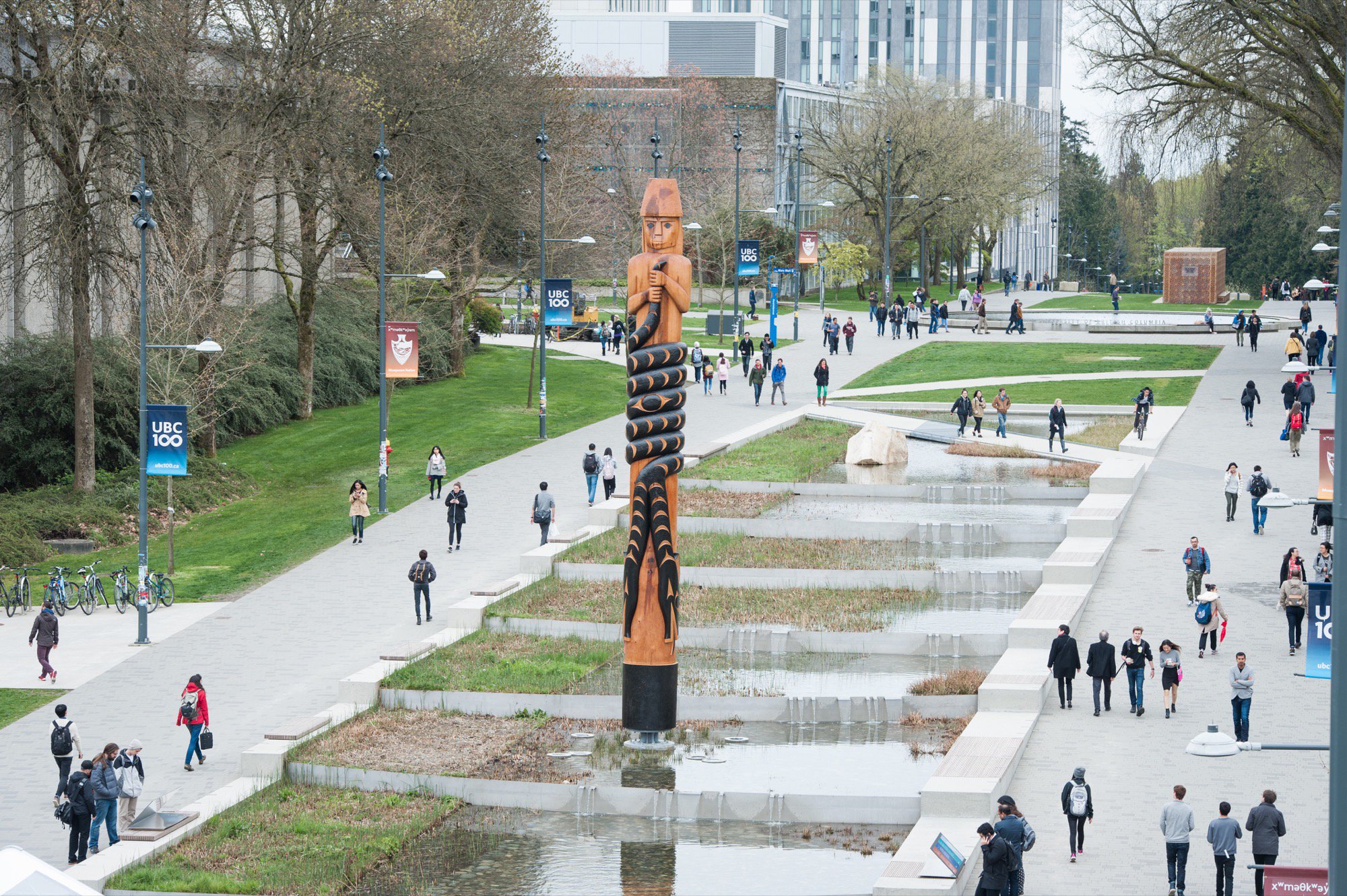Ottawa announces low-cost loans to create student housing
Reforms will include post-secondary institutions in the Apartment Construction Loan Program.

Students walk across campus at the University of British Columbia. – UBC
Key Takeaways:
- The over $40 billion Apartment Construction Loan Program is providing low-cost financing to build more than 101,000 new rental homes across Canada by 2031-32.
- Ottawa announced plans to expand the program to include housing for students.
- The announcement comes just days after Otrtawa revealed plans to set an intake cap on international student permit applications to stabilize new growth for a period of two year
The Whole Story:
The federal government has turned its attention to the construction of student housing in its ongoing efforts to address the nation’s affordable housing crisis.
The Government of Canada will be offering low-cost loans to build more student housing on- and off-campus. They stated that by reforming the Apartment Construction Loan Program, the country will be able to help more students find housing they can afford close to where they study, and help ensure that there are more homes available for families who live in those same communities year-round.
The over $40 billion Apartment Construction Loan Program, formerly known as the Rental Construction Financing Initiative, is providing low-cost financing to build more than 101,000 new rental homes across Canada by 2031-32.
Reforms to the Apartment Construction Loan Program will permit post-secondary institutions to access low-cost loans for student housing construction. The application process is expected to be open in 2024.
The 2023 Fall Economic Statement announced an additional $15 billion in low-cost loans for the Apartment Construction Loan Program and an additional $1 billion in new funding for the Affordable Housing Fund.
“By allowing post-secondary institutions to access low-cost loans in order to build more student housing, we will help more students find affordable places to live close to where they study, and help ensure there are more homes available for families and folks who live in the community nearby,” said Housing Minister Sean Fraser.
The announcement comes just days after Otrtawa revealed plans to set an intake cap on international student permit applications to stabilize new growth for a period of two years. For 2024, the cap is expected to result in approximately 360,000 approved study permits, a decrease of 35% from 2023.
Individual provincial and territorial caps have been established, weighted by population, which will result in much more significant decreases in provinces where the international student population has seen the most unsustainable growth, officials said. Study permit renewals will not be impacted. Those pursuing master’s and doctoral degrees, and elementary and secondary education are not included in the cap. Current study permit holders will not be affected.
Soon after the federal announcement, some provinces also introduced new measures to curb international student numbers. Ontario announced a moratorium on new public-private college partnerships. Officials also said they plan to require all colleges and universities to “guarantee that housing options are available for incoming students,” and reinforce oversight of programs with high numbers of international students. B.C. promised to ban new post-secondary institutions from applying to enrol international students for the next two years, as the province roots out “exploitive practices”.

